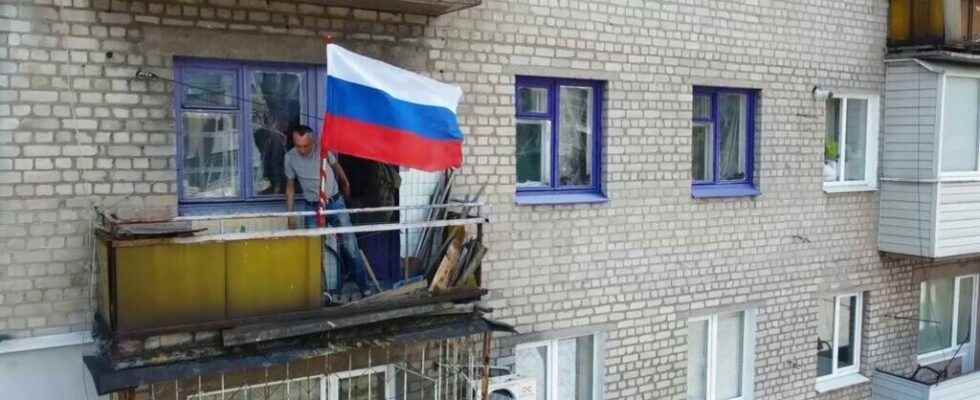The General Staff of the Ukrainian Armed Forces announced on Sunday July 3 its withdrawal from the city of Lysytchansk, at the heart of fierce fighting in recent weeks, recognizing the “ superiority of Russian troops on the ground. Three questions to Colonel Peer de Jong, vice-president of the Themis Institute, specialist in geopolitics.
RFI: After this new Ukrainian withdrawal, can we speak of a turning point?
Peer de Jong: It is one more step, indeed, towards the total conquest of Donbass, but we cannot consider that it is a total objective. The Donbass will only have really fallen when Kramatorsk will really fall. We can then consider that a new phase can open. I think the city of Sievierodonetsk was in the first echelon, that of Lysytchansk was in the second echelon.
Holding the latter was very important, because it allowed the units that were in Sievierodonetsk to exfiltrate and go west, a relatively complicated operation, with the crossing of a river. Lysychansk was an important point, because it allowed this disengagement. But once the troops based in Sievierodonetsk left, Lysychansk lost its strategic value. I think the Ukrainians have now repositioned themselves on what are called pre-prepared positions, 10 or 20 km behind.
What military options are available to Ukrainians?
The problem is that they are in a defensive situation, with military options necessarily limited. The Russians maneuver pretty well. They have concentrated their means on the Donbass, which is the priority objective, but from time to time they fire on Kharkiv in the north or Mykoaïv in the south, or even Odessa.
By these shots, they send two messages. They signal, first of all, that they are able to touch the whole. And then, these attacks prevent the Ukrainians from disengaging from certain points to reinforce the Donbass front. One could have imagined that the Ukrainians would recover a battalion or a brigade, ie several thousand men in Odessa, for example to send to the Donbass, but this is impossible given that the threat is strong throughout the territory.
Could the counter-offensive which seems to be taking place in the south around Kherson constitute a military option for the Ukrainians?
Yes and no. First of all, any counter-offensive action is good for morale. The recapture of Serpents’ Island last week was, for example, good news that was announced by President Zelensky Urbi and orbi. It restores morale, it’s good for the population and the army.
But there is also the problem of the tactical objective. I think the Ukrainians want to prevent the Russians from attacking Mykolaiv from Kherson. The latter is almost intact, the Russians coming from Crimea settled there almost in the first days of the military operation. I think the Ukrainians today are simply trying to contain the Russians in Kherson, to control them and prevent them from spreading south.
► Read also : Ukraine: after taking the Luhansk region, Vladimir Putin orders the continuation of the offensive
